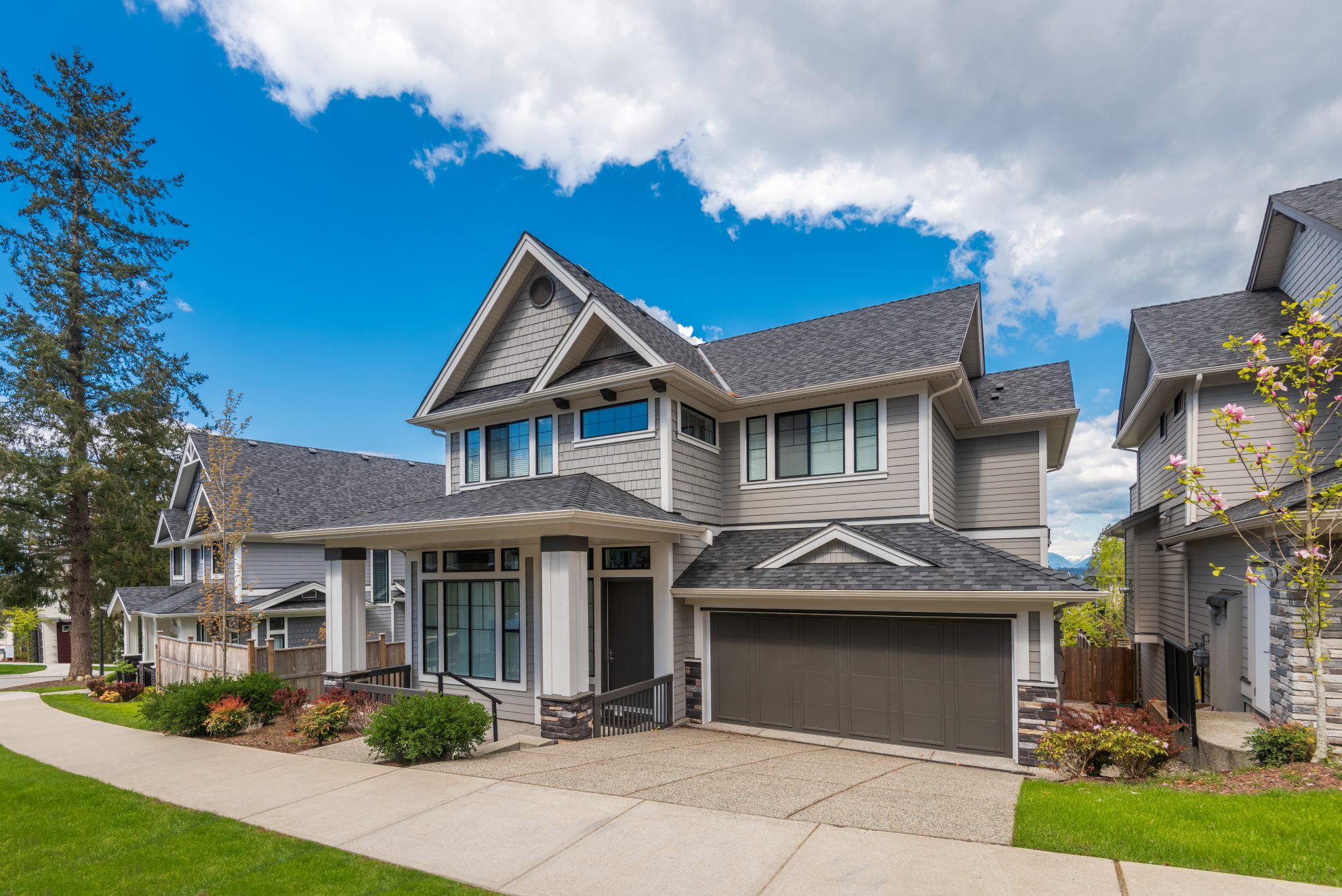A reverse mortgage loan is a financial instrument that allows homeowners to access the equity in their homes, providing them with funds while still retaining the title to their properties. Although similar to a traditional mortgage in some aspects, reverse mortgage loans differ in their repayment structure and eligibility requirements. This comprehensive guide will provide you with insights into reverse mortgage loans, their advantages and drawbacks, potential scams to watch out for, and your rights as a borrower.
Understanding Reverse Mortgage Loans
What is a Reverse Mortgage Loan?
A reverse mortgage loan enables homeowners to borrow money against the value of their homes, using their properties as collateral. Unlike traditional mortgages, reverse mortgage loan borrowers are not required to make monthly mortgage payments. Instead, repayment is deferred until the borrower no longer occupies the property as their primary residence.
How Reverse Mortgage Loans Work
With a reverse mortgage loan, interest and fees are added to the loan balance each month, causing the balance to grow over time. As the loan balance increases, the homeowner’s equity in the property decreases. It is essential to recognize that a reverse mortgage loan is not free money. Rather, it is a loan that accrues interest and fees, which ultimately must be repaid, typically through the sale of the home.
Eligibility and Requirements for Reverse Mortgage Loans
Homeowner Requirements
To qualify for a reverse mortgage loan, homeowners must meet specific eligibility criteria, which typically include:
- Age: The homeowner(s) must be at least 62 years old.
- Property Type: The property must be the homeowner’s primary residence and generally be a single-family home or an approved condominium or townhome.
- Financial Stability: Homeowners must demonstrate the ability to pay property taxes, homeowners insurance, and maintain the property in good condition.
Property Requirements
In addition to borrower eligibility, the property itself must also meet certain requirements. The property must be:
- The homeowner’s primary residence
- Well-maintained and in good condition
- Free of any outstanding liens or mortgage balances, or any existing mortgage must be paid off using proceeds from the reverse mortgage loan.
Advantages of Reverse Mortgage Loans
Financial Flexibility
Reverse mortgage loans can offer financial flexibility to homeowners, allowing them to access funds without having to sell their homes or take on additional monthly payments. The funds can be used for various purposes, including home improvement, healthcare costs, or supplementing retirement income.
No Monthly Mortgage Payments
One of the primary benefits of a reverse mortgage loan is that borrowers are not required to make monthly mortgage payments. This can alleviate financial stress and provide additional disposable income for borrowers.
Retain Homeownership
With a reverse mortgage loan, homeowners retain the title to their properties, allowing them to continue living in their homes while accessing the equity they have built up over time.
Disadvantages of Reverse Mortgage Loans
Decreasing Home Equity
As the loan balance on a reverse mortgage loan increases due to interest and fees, the homeowner’s equity in the property decreases. This may impact the homeowner’s ability to leave the home to heirs or access additional funds through other equity-based financial products.
Costs and Fees
Reverse mortgage loans can come with various costs and fees, including origination fees, mortgage insurance premiums, and third-party closing costs. These expenses can add up quickly, potentially offsetting some of the benefits of the loan.
Limited Options for Heirs
When the reverse mortgage loan becomes due, typically after the borrower no longer occupies the property as their primary residence, the loan must be repaid. This often requires the sale of the home, which may limit options for heirs who may have wished to inherit the property.
Potential Scams Related to Reverse Mortgage Loans
Contractor Fraud
Homeowners should be cautious of contractors who suggest using a reverse mortgage loan to finance home repairs. These situations may be scams, with unscrupulous contractors attempting to pressure homeowners into taking out unnecessary loans.
Targeting Veterans
The Department of Veterans Affairs (VA) does not offer reverse mortgage loans. However, some advertisements may falsely promise special deals for veterans or imply VA approval to attract older homeowners. Be wary of any “no-payment” reverse mortgage loans or other offers that seem too good to be true.
The Right to Cancel a Reverse Mortgage Loan
Most reverse mortgage loans come with a three-day right of rescission, allowing borrowers to cancel the loan within three business days of closing without penalty. To exercise this right, borrowers must notify the lender in writing, preferably through certified mail with a return receipt. The lender then has 20 days to return any money paid for the financing of the loan.
Should a borrower believe they have a reason to cancel the loan after the three-day period, they should seek legal assistance to determine if they have the right to do so.
To conclude, reverse mortgage loans can provide financial flexibility for homeowners, allowing them to access the equity in their homes without having to make monthly mortgage payments. However, it is crucial to weigh the benefits and drawbacks of these loans, be aware of potential scams, and understand your rights as a borrower. By doing so, you can make informed decisions about whether a reverse mortgage loan is the right choice for your financial needs.









